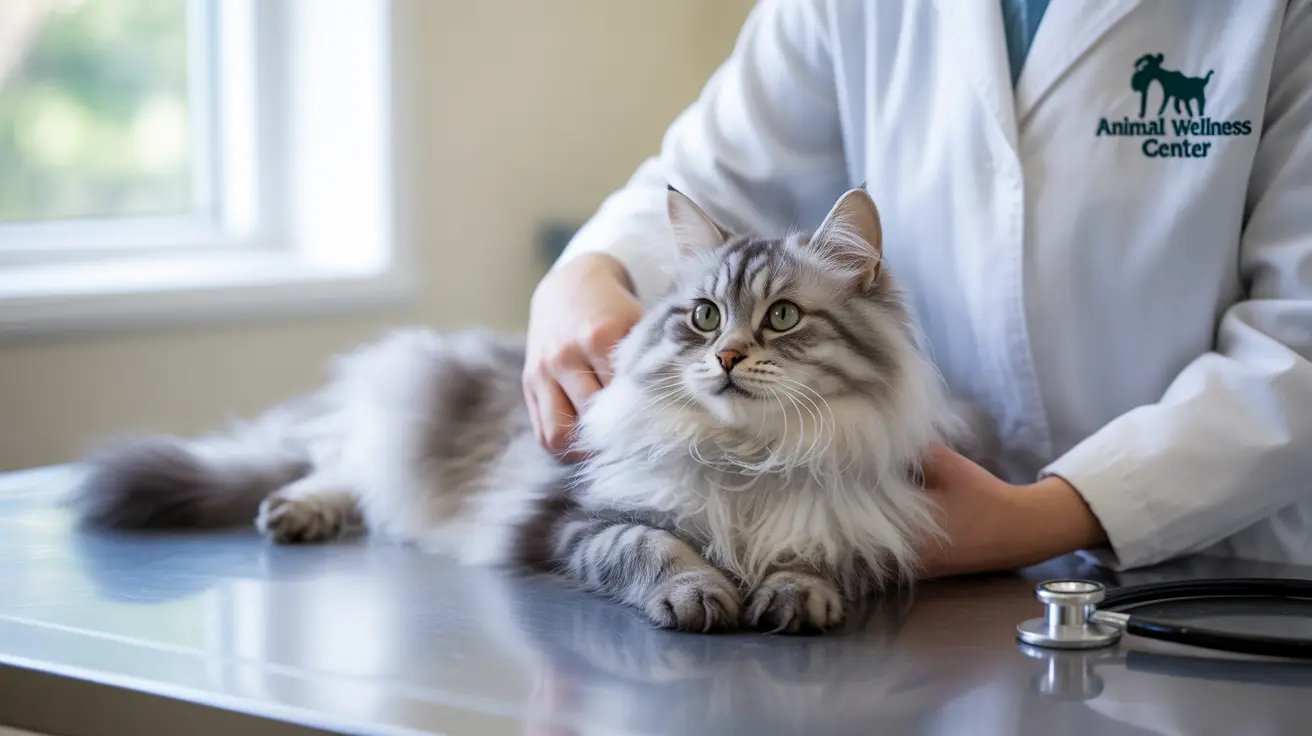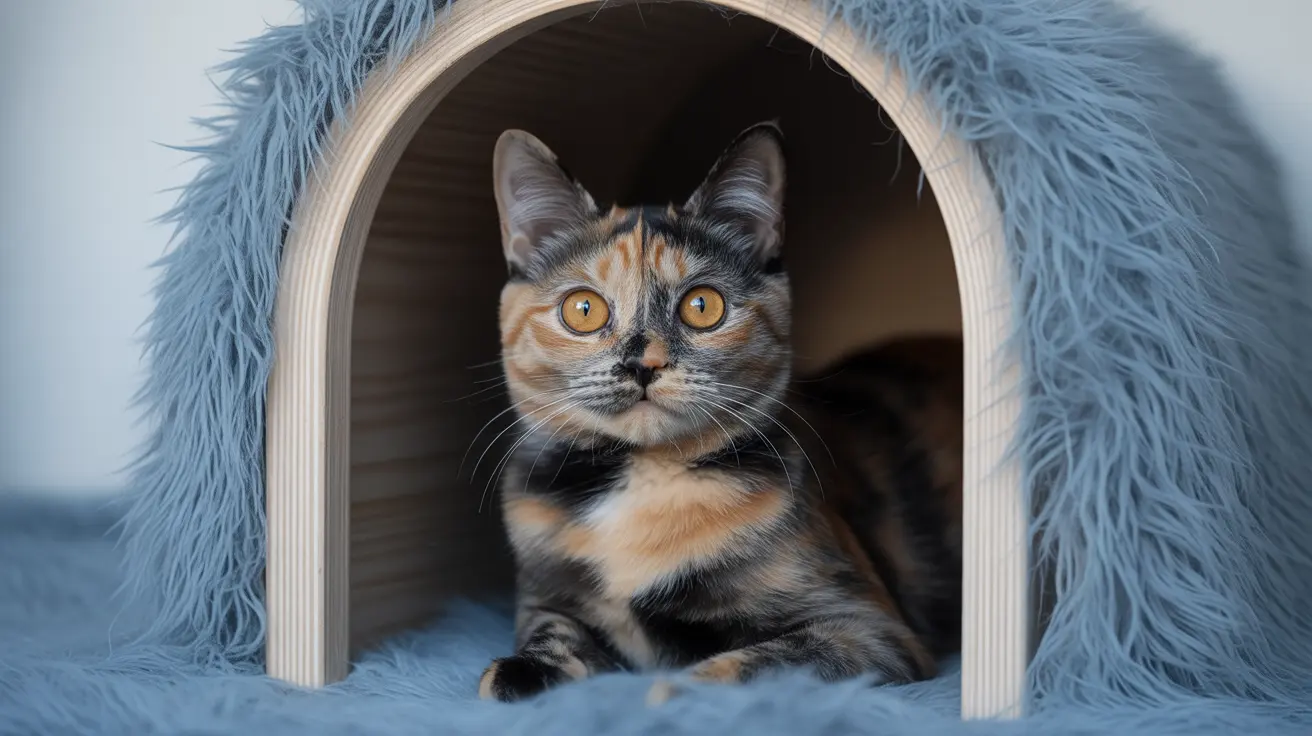What is Mycoplasma in Cats?
Mycoplasma in cats represents a significant bacterial infection that can cause serious health complications in our feline companions. These unique bacteria, lacking cell walls, can attach themselves to red blood cells and potentially cause severe anemia, particularly in cases involving Mycoplasma haemofelis.
While some cats may carry mycoplasma without showing symptoms, others can develop serious illness, especially when their immune systems are compromised. Understanding this condition is crucial for cat owners to ensure prompt detection and treatment.
Common Signs and Symptoms
Cats infected with mycoplasma may display various symptoms, ranging from mild to severe. The most common indicators include:
- Lethargy and weakness
- Pale gums and mucous membranes
- Loss of appetite
- Fever
- Rapid breathing
- Weight loss
In more severe cases, particularly those involving hemotropic mycoplasmas, cats may develop jaundice and exhibit unusual behaviors like pica (eating non-food items). Some cats may experience recurring fever cycles that correlate with periods of increased bacterial activity.
Diagnosis and Testing Methods
Modern veterinary medicine has revolutionized how mycoplasma infections are diagnosed. While blood smears were traditionally used, Polymerase Chain Reaction (PCR) testing has become the gold standard for diagnosis. This advanced method offers superior accuracy and can identify specific mycoplasma species affecting your cat.
Your veterinarian may recommend additional tests to assess the severity of anemia and check for underlying conditions that might complicate treatment.
Treatment Approaches
Treatment for mycoplasma in cats typically involves a comprehensive approach:
- Antibiotic therapy (usually doxycycline) for 2-6 weeks
- Supportive care for severely affected cats
- Blood transfusions in cases of severe anemia
- Regular monitoring to ensure treatment effectiveness
The length and type of treatment may vary depending on the severity of infection and the cat's response to therapy. It's crucial to complete the full course of antibiotics as prescribed, even if symptoms improve earlier.
Prevention and Risk Management
While complete prevention of mycoplasma infection isn't always possible, certain measures can help reduce risk:
- Regular veterinary check-ups, especially for outdoor cats
- Maintaining good overall health and immune system function
- Proper screening of blood donors in cases of transfusion
- Keeping cats indoors to reduce exposure risk
Frequently Asked Questions
What are the common signs and symptoms of mycoplasma infection in cats?
Mycoplasma infections typically cause lethargy, pale gums, loss of appetite, fever, and in severe cases, jaundice. Some cats may also experience rapid breathing and weight loss.
How is mycoplasma infection diagnosed in cats, and why is PCR testing preferred?
PCR testing is preferred because it offers superior accuracy and can specifically identify the mycoplasma species present. This method is more reliable than traditional blood smear examination, which can miss infections during low-bacteria periods.
What are the effective treatment options for feline mycoplasma infections?
The primary treatment is antibiotic therapy, typically with doxycycline, for 2-6 weeks. Severe cases may require blood transfusions and supportive care. Alternative antibiotics may be used if the initial treatment isn't effective.
How do cats typically get mycoplasma infections, and can it be prevented?
Cats can contract mycoplasma through aggressive interactions, blood transfusions, and possibly from mother to kitten. While complete prevention isn't possible, keeping cats indoors and maintaining good health can reduce risk.
Should asymptomatic cats that test positive for mycoplasma be treated?
Generally, veterinarians don't recommend treating asymptomatic cats that test positive for mycoplasma. Treatment is typically reserved for cats showing clinical signs of illness.
Conclusion
Understanding mycoplasma in cats is essential for providing proper care and ensuring quick intervention when needed. With modern diagnostic techniques and treatment options, most cats with mycoplasma infections can recover successfully when treated promptly and appropriately.
If you notice any symptoms suggesting a possible mycoplasma infection in your cat, consult your veterinarian immediately. Early detection and treatment offer the best chance for a full recovery.






